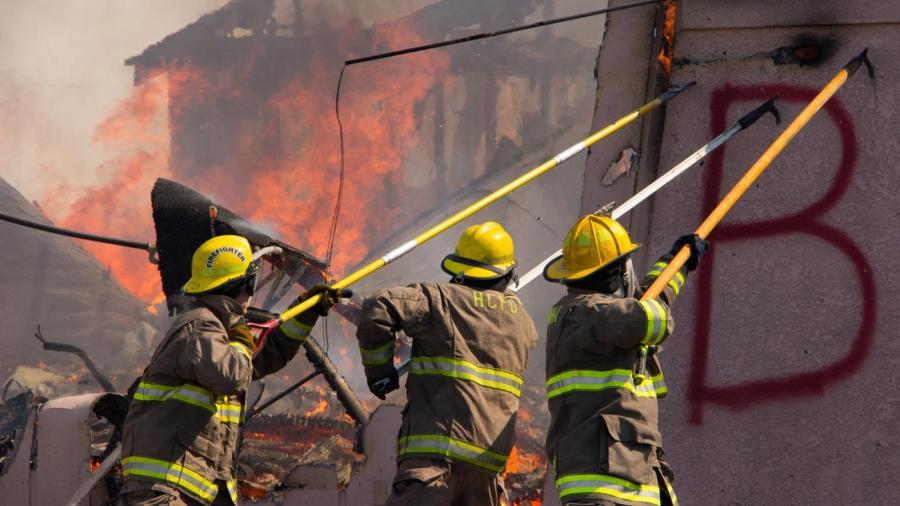Why Is Cooperation Important?

Cooperation is important because it allows people and groups to work together to achieve a common goal or derive mutual benefits. Cooperation exists at many levels and takes place between individuals and organizations as well as between states and countries. Cooperation allows participants to exchange valuable information that helps both sides improve their knowledge bases and work in a time- and resource-efficient manner.
Cooperation between and among parties is often referred to as a cooperative relationship. Participants in these relationships often share vital resources and knowledge as well as staff and personnel to accomplish a specific task. An example of cooperation is demonstrated through the coordination of a local school and a community soup kitchen to provide basic services to area residents in need. The school might provide basic supplies, such as student volunteers and food, while the soup kitchen provides a facility and furniture. The two parties work together to set up tables with food, staffed by student volunteers, who greet and serve clients as they walk in the door. This act of cooperation benefits the students with experience, the soup kitchen with a day of business and the clients with food. Cooperative relationships can result in a one-time collaboration between parties to achieve a goal or can involve recurring meetings and events to allow the parties to continue working with each other.





